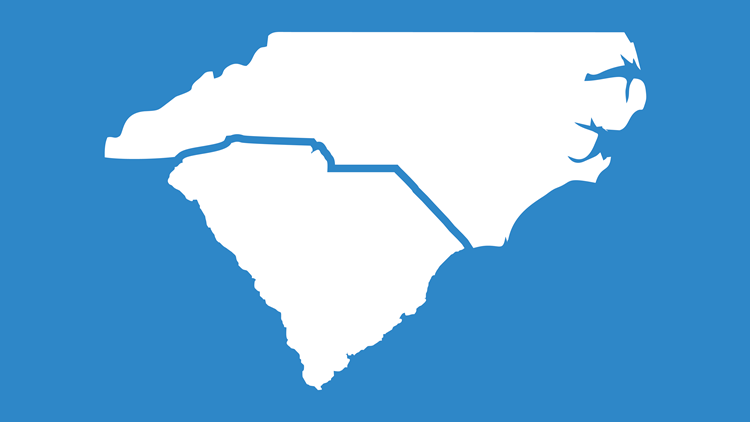
New filing deadlines for more Hurricane Ian victims
The Internal Revenue Service this week announced tax relief for victims of Hurricane Ian who reside or operate a business anywhere in North Carolina and South Carolina. Like relief granted to storm victims in Florida, the agency is delaying several federal filing and payment deadlines.
Each state has a different start date for the automatic, retroactive tax relief. In South Carolina, it affects deadlines occurring on or after September 25, 2022; in North Carolina, this period begins on September 28. In both states, the following federal deadlines are now February 15, 2023:
- October 17, 2022, individual extension filing deadline (does not apply to tax payments due April 18, 2022)
- October 17, 2022, calendar-year corporation extension filing deadline
- October 31, 2022, quarterly payroll and excise tax returns deadline
- November 15, 2022, calendar-year tax-exempt organization extension filing deadline
- January 17, 2023, quarterly estimated income tax payment deadline
- January 31, 2023, quarterly payroll and excise tax returns deadline
However, the new deadlines for penalties on payroll and excise tax deposits are different in each state. “In South Carolina, penalties on payroll and excise tax deposits due on or after September 25, 2022, and before October 11, 2022, will be abated as long as the deposits are made by October 11, 2022,” the IRS explains. “In North Carolina, penalties on payroll and excise tax deposits due on or after September 28, 2022, and before October 13, 2022, will be abated as long as the deposits are made by October 13, 2022.”
Can out-of-state relief workers get tax relief?
Those who do not reside or own businesses in the declared disaster areas can qualify for tax relief if they are currently in these locations. Relief workers affiliated with charitable and government organizations can call the IRS (866-562-5227) to receive this tax relief.
What can storm victims do about uninsured or unreimbursed losses?
The IRS also says that uninsured or unreimbursed disaster-related losses can be claimed on either the current- or prior-year tax return. When doing this, taxpayers need to include their state’s FEMA declaration number on the return:
- North Carolina: 3586-NC
- South Carolina: 3585-SC
For more information about claiming losses in this manner, read Publication 547, Casualties, Disasters, and Thefts.
Florida dyed diesel fuel penalty relief now includes all vehicles
The IRS is also expanding relief in another Hurricane Ian-ravaged state. Dyed diesel fuel is usually only allowed in equipment and vehicles exempt from the fuel excise tax. In the storm’s immediate aftermath, the IRS waived the dyed diesel fuel penalty for fuel sellers and highway emergency vehicles in Florida. This week, the agency announced it is extending that relief to all highway diesel vehicles in the state from September 28, 2022, until October 19, 2022.
To receive dyed diesel fuel penalty relief, vehicle operators must pay the 24.4-cents-per-gallon excise tax. The IRS notes it “will not impose penalties for failure to make semimonthly deposits of tax for dyed diesel fuel sold for use or used in diesel-powered vehicles on the highway in the state of Florida during the relief period.”
Read more about Florida tax relief on Taxing Subjects.
Sources: IR-2022-173, IR-2022-177


 Wilcox Accounting and Tax Services
Wilcox Accounting and Tax Services